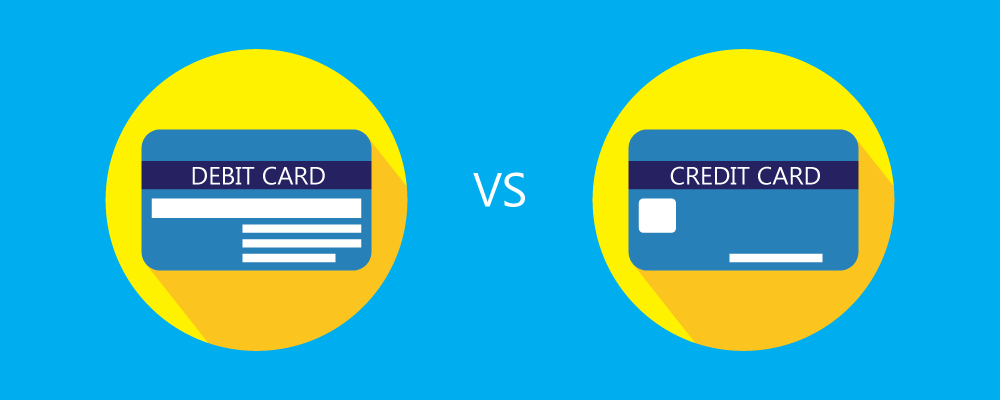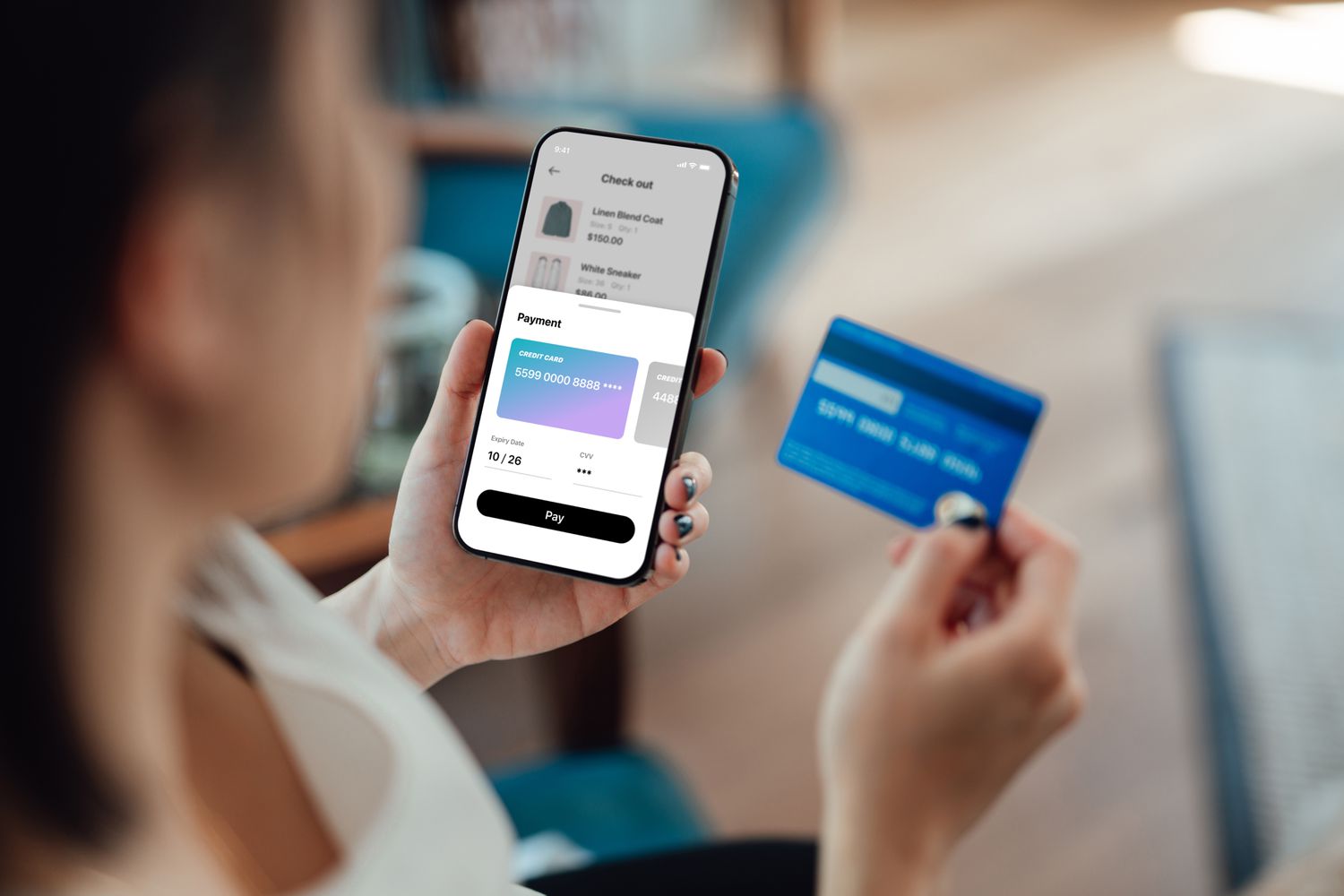
When it comes to managing your personal finances, choosing the right payment method is crucial. Credit cards and debit cards are two of the most popular options, each offering distinct advantages and some drawbacks. Understanding the differences between the two can help you make smarter financial decisions. Let’s explore the pros and cons of each and see how they compare, so you can determine which one fits your lifestyle and financial goals.
What is a Credit Card?
A credit card allows you to borrow money from a bank or financial institution, up to a certain limit. When you make a purchase, you’re spending the bank’s money, which you’ll need to pay back, often with interest, if not paid in full by the due date. Credit cards are often associated with rewards, the ability to build credit, and various perks.
Examples of Credit Cards:
- Chase Sapphire Preferred® Card: Known for its travel rewards and bonus points.
- American Express® Gold Card: Ideal for foodies, offering great rewards on dining and groceries.
- Citi® Double Cash Card: Earn 2% cash back on every purchase—1% when you buy and 1% when you pay.
What is a Debit Card?
A debit card links directly to your checking account, meaning when you make a purchase, the money is instantly deducted from your account. Debit cards don’t let you borrow money—you can only spend the funds available in your account.
Examples of Debit Cards:
- Chase Total Checking® Debit Card: Access to a large ATM network and no monthly fees.
- Capital One 360 Checking Debit Card: Unlimited ATM access and no fees nationwide.
- Bank of America® Core Checking® Debit Card: Cashback rewards and access to ATMs across the country.
Why Credit Cards Can Be a Game-Changer
- Build Your Credit Score
A key advantage of credit cards is the ability to build and improve your credit score. By using your card responsibly—paying on time and keeping balances low—you can boost your credit, which will help you secure better loan rates and qualify for other financial products down the road. - Earn Rewards and Perks
Credit cards are well-known for offering rewards programs. Whether it’s cashback, travel miles, or points, you can earn valuable rewards on your everyday purchases. Plus, many cards offer additional perks, such as travel insurance, extended warranties, and exclusive access to events.

Examples of Reward-Focused Credit Cards:
- Chase Sapphire Preferred® Card: Earn 2x points on travel and dining.
- American Express® Platinum Card: Offers premium travel benefits and 5x points on flights.
- Discover it® Cash Back: 5% cashback on rotating categories each quarter.
- Fraud Protection
Credit cards typically offer superior fraud protection compared to debit cards. If your credit card is lost or stolen, most issuers offer zero liability, meaning you won’t be held responsible for unauthorized charges. This can be a lifesaver, especially in the case of fraudulent activity. - Higher Spending Limit
Credit cards generally offer higher spending limits than debit cards, which can be especially useful for larger purchases or emergencies. Just be sure to manage your credit wisely to avoid overspending and accumulating debt. - Grace Period
With credit cards, you often get a grace period between making a purchase and paying it back. If you pay off your balance in full before the due date, you won’t have to pay interest, giving you more flexibility with your finances.

The Drawbacks of Credit Cards
- High-Interest Rates
If you carry a balance on your credit card, the interest charges can be steep, sometimes as high as 20% or more. It’s essential to pay off your balance each month to avoid accumulating interest that can quickly spiral out of control. - Debt Risk
Credit cards make it easy to borrow money, but this convenience can lead to debt if not managed carefully. If you overspend or fail to make timely payments, you could end up in a cycle of debt that’s hard to break. - Annual Fees
Some premium credit cards charge annual fees just for having the card. While these fees often come with attractive rewards and perks, they can add up over time if you’re not making full use of the benefits.
Why Debit Cards May Be the Better Choice
- No Debt Risk
Debit cards are directly linked to your bank account, which means you can only spend what you have. This makes it an excellent choice for those who want to avoid the temptation to overspend or accumulate debt. - No Interest Charges
Since you’re not borrowing money, there are no interest charges with debit cards. You pay for your purchases immediately, and what you spend is deducted directly from your checking account—no surprises. - Low Fees
Debit cards usually have fewer fees compared to credit cards. Most debit cards don’t charge annual fees, and transaction fees are generally lower, making them a more cost-effective option for day-to-day purchases.

Examples of Debit Cards with Low Fees:
- Chase Total Checking® Debit Card: No monthly fee when you set up direct deposit.
- Capital One 360 Checking Debit Card: No fees at over 24,000 ATMs.
- Wells Fargo Everyday Checking Debit Card: Free access to thousands of ATMs nationwide.
- Instant Transactions
Debit cards provide instant transaction updates. When you make a purchase, the amount is immediately deducted from your bank account, giving you an accurate reflection of your remaining balance.

The Downsides of Debit Cards
- Limited Fraud Protection
Debit cards have fraud protection, but it’s often not as robust as that offered by credit cards. If your debit card is stolen, the funds are immediately withdrawn from your bank account, and getting them back can take time, potentially leaving you without access to your money. - No Credit Score Benefit
Debit cards don’t help build your credit score. If you’re looking to improve your credit for future loans or mortgage applications, using a debit card won’t provide any benefit. - Spending Limits
Debit cards are tied to the balance in your bank account, so if you don’t have enough funds, your card will be declined. While this can be a good way to prevent overspending, it also means you can’t make large purchases without making sure your account has enough money. - Limited Rewards
Most debit cards don’t offer the same rewards or perks as credit cards. While some offer small cash-back incentives, they’re generally not as generous or rewarding as credit card offers.
So, Which is Better: Credit Cards or Debit Cards?
The choice between a credit card and a debit card comes down to your personal spending habits and financial goals. If you want to build your credit score, earn rewards, and enjoy extra perks, a credit card is the better option. However, if you want to avoid the risk of overspending, pay immediately for your purchases, and keep things simple, a debit card might be the better choice for you.
Consider your lifestyle and financial situation when choosing between the two. If you use credit cards responsibly, they can help you achieve your financial goals. But if you prefer more control over your spending without the risk of debt, debit cards offer a straightforward, low-cost alternative.
Ultimately, both credit cards and debit cards have their place in a well-rounded financial strategy. Whether you’re looking to build credit, earn rewards, or simply avoid debt, understanding the benefits and limitations of each can help you make smarter choices for your financial future. Whatever option you choose, make sure to use it wisely and align it with your long-term financial goals!




